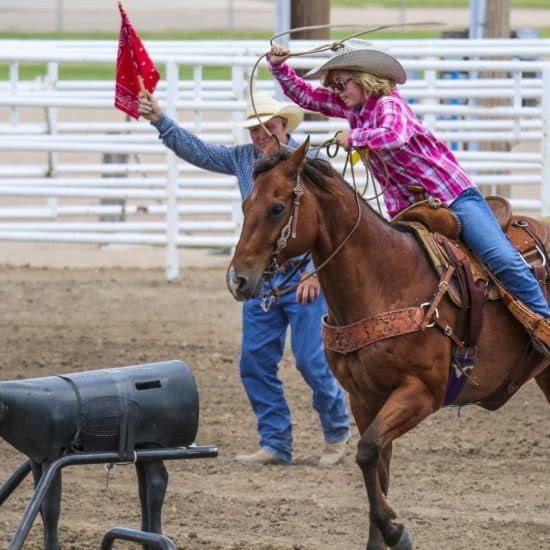Ask the average Baptist on the street – or the average Christian – to define discipleship and you’ll likely get a variety of answers. The person might list qualities and/or actions that should characterize effectively discipled Christians.
Discipleship is the noun form of the resurrected Christ’s final earthly action-command to his followers to "go and make disciples," essentially an admonition to continue and expand the work he did among them during his earthly ministry.
Getting a handle on this "make disciples" command is something believers since the first century have often found elusive. Making disciples was not an easy task, even for the Son of God, two millennia ago. And most Christians know that growing as a disciple of Christ is a lifelong challenge often beset by distraction, opposition or apathy – or all three – perhaps not so different from the first century.
 |
Lindy Lowrie on the Exponential Blog site (blog.exponential.com) made an appeal to Christian leaders to submit their definitions of discipleship and also identified quotes "from venerable voices to help elevate the discipleship conversation." She produced what 70-plus leaders said about discipleship.
Most of the following are drawn from Lowrie’s list with a few others added from the Midwest. The responses vary. Some are reflective, some more descriptive and others more academic. Some are brief and some are, well, less brief. Readers may be more drawn to some than others, based on their own training and experiences.
They are intended to underscore the importance of discipleship for every believer and to motivate Christians to grow in their faith and to become more active in growing disciples. Here are a few:
Robin Stoops, executive minister, American Baptist Churches of Nebraska: "Discipleship in the church has become ‘Who knows the most about Jesus?’ The truth? Discipleship is living a life transformed by Jesus in all of the details of the everyday."
Jim Hill, Churchnet executive director: "A disciple is a follower or a learner. Christian discipleship is the process whereby a follower of Christ begins to grow. We learn about ourselves and about Christ. We discover God’s plan for our life and begin to develop the gifts he has given us. The Holy Spirit helps us to discover who we are in Christ, how we are to live, and what God wants us to do and what he want us to become."
Rick Warren, pastor and author: "A disciple is one who thinks, feels and acts like Jesus Christ. It is being conformed to the image of Christ as Romans 8:28-29 states – that God’s No. 1 purpose in our lives is to make us like Jesus."
Ed Stetzer, president of Lifeway Research: "In its simplest form, discipleship is becoming more of a disciple. Scripture teaches that God grows us, but we also receive a consistent theme that we place ourselves in the posture to receive the growth that God has for us. So discipleship disciplines (prayer, fasting and reading the Bible) help place us in a position to receive spiritual growth from the Lord, leading us to be more faithful and fruitful disciples."
Billy Graham: "Let us always remember that Christ calls men and women not only to trust him as Savior, but also to follow him as Lord. That call to discipleship must be part of our message if we are to be faithful to him."
Dietrich Bonhoeffer, theologian and martyr: "When Christ calls a man, he bids him to come and die." Max Lucado, pastor and author: "In our faith, we follow in someoneÕs steps. In our faith we leave footprints to guide others. It’s the principle of discipleship."
Jim Elliott, missionary martyred in Ecuador: "Father, make me a crisis man. Bring those I contact to decision. Let me not be a milepost on a single road; make me a fork, that men must turn one way or another on facing Christ in me."
C.S. Lewis, author: "Until you have given up your self to him, you will not have a real self."
D.L. Moody: "No one can sum up all God is able to accomplish through one solitary life, wholly yielded, adjusted and obedient to him."
Charles Swindoll, pastor and author: "[Jesus’] plan called for action, and how he esxpressed it predicted his success. He didn’t say, ‘You might be my witnesses,’ or ‘You could be my witnesses,’ or even ‘You should be my witnesses.’ He said, ‘You will be my witnesses.’"





